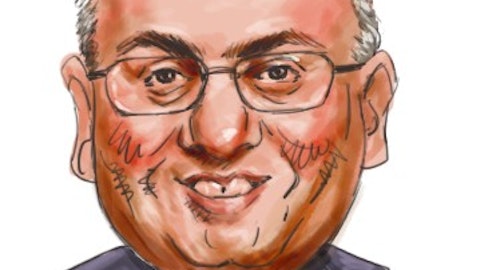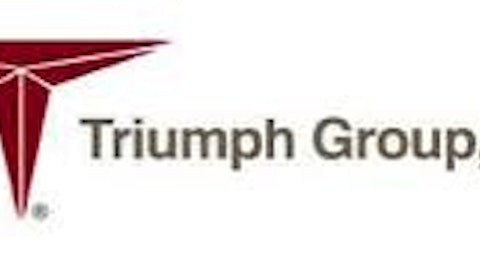
There were two curious relationships: Dr. Groat, a Professor at the University of Texas and an independent director to Plains Exploration; and BM Rankin Jr, the current Vice-Chairman of Freeport and a director at the University of Texas’ business school, according to multiple sources including Factset and the Wall Street Journal.
When reached for comment, the University denied that such a position exists, but admitted that an internal investigation has been launched into Dr. Groat’s dealings.
Groat has since resigned for his undisclosed conflict of interest: He released an industry report on fracking which argued that both fracking and horizontal drilling were safe. Groat was an independent director for an oil drilling company, so it raises many ethical, moral, and legal questions. However, the status of Rankin is also questionable.
As Petainen wrote earlier this week on his column on Forbes, the story gets even more interesting.
Petainen writes, “It has come to my attention that the CLL Global Research Foundation is linked to the University of Texas, and Rankin is a Director at the CLL Global Research Foundation.”
“According to the 2010 Form 990, 501c3 filing, [Dr. Michael J.] Keating is the CEO and President of CLL Global Research Foundation. The address listed on the form is ‘1515 Holcombe Blvd’, Houston TX. Where is 1515 Holcombe Boulevard? According to Google Maps, the dot appears directly over the University of Texas MD Anderson Cancer Center. So, according to the tax filings, the CLL Global Research Foundation home address is at the University of Texas.”
And then, listed in the Form 990 filing, we see “BM Rankin Jr Director.”
“Based on what I see in the data, in an effort to provide further clarification – Rankin is a Director at a Foundation, and that Foundation is located (as per tax forms) at the University of Texas,” Petainen notes.
The intricate web that has been cast amongst these directors and foundations appears to reach as far as the Boy Scouts of America in Texas. There is no data that says that these directors and executives acted fraudulently, but consider this: Plains CEO James Flores, who is also a Director at McMoRan Exploration, made nearly $20 million on his Plains stock. Flores owned 7,597 shares of McMoRan Exploration, whose shares also rallied nicely on the day the deal was announced.
Freeport CEO and McMoRan Exploration Co-Chairman Richard Adkerson made large sums of money on this deal as well while Freeport shareholders lost more than 10 percent of their investment in the company. In fact, if you go back and look at the times that he has sold shares over the past year, Adkerson should give up running Freeport and get a job trading at a hedge fund. He so perfectly called the top in Freeport shares back in February 2012 that even Steve Cohen would be jealous. Petainen’s chart on Forbes shows his sales of Freeport stock.
This deal may not be in the best interest of Freeport shareholders. After all, Freeport is a copper miner and the acquired companies are oil exploration companies. It is hard to see the synergies in that business model, unless Freeport was ready to admit that the mining boom is dead.
However, in the press release of the deal, Freeport CEO Adkerson wrote, “We will not diminish our focus in our mining operations on safe and efficient production, executing our organic growth projects, prudent capital allocation and an entrepreneurial spirit of creating values for our shareholders.”
So, if mining isn’t dead, then why move into unchartered businesses?
There will probably never be a direct answer from any of the questionable parties. The only thing that can be done now is for Freeport shareholders to step up and ask questions. As a current shareholder, I am not arguing that the deal is terrible and needs to be revoked now, but rather that the executives need to answer these questions to restore the confidence of their loyal shareholders.
Perhaps it is time the SEC steps in and looks at the relationships between these boards? If this deal goes to a vote, I’m voting no with my shares. Other shareholders should consider looking more closely at the deal, and consider if it is in their best interests.
This article was originally written by Matthew Kanterman, and posted on Benzinga.




